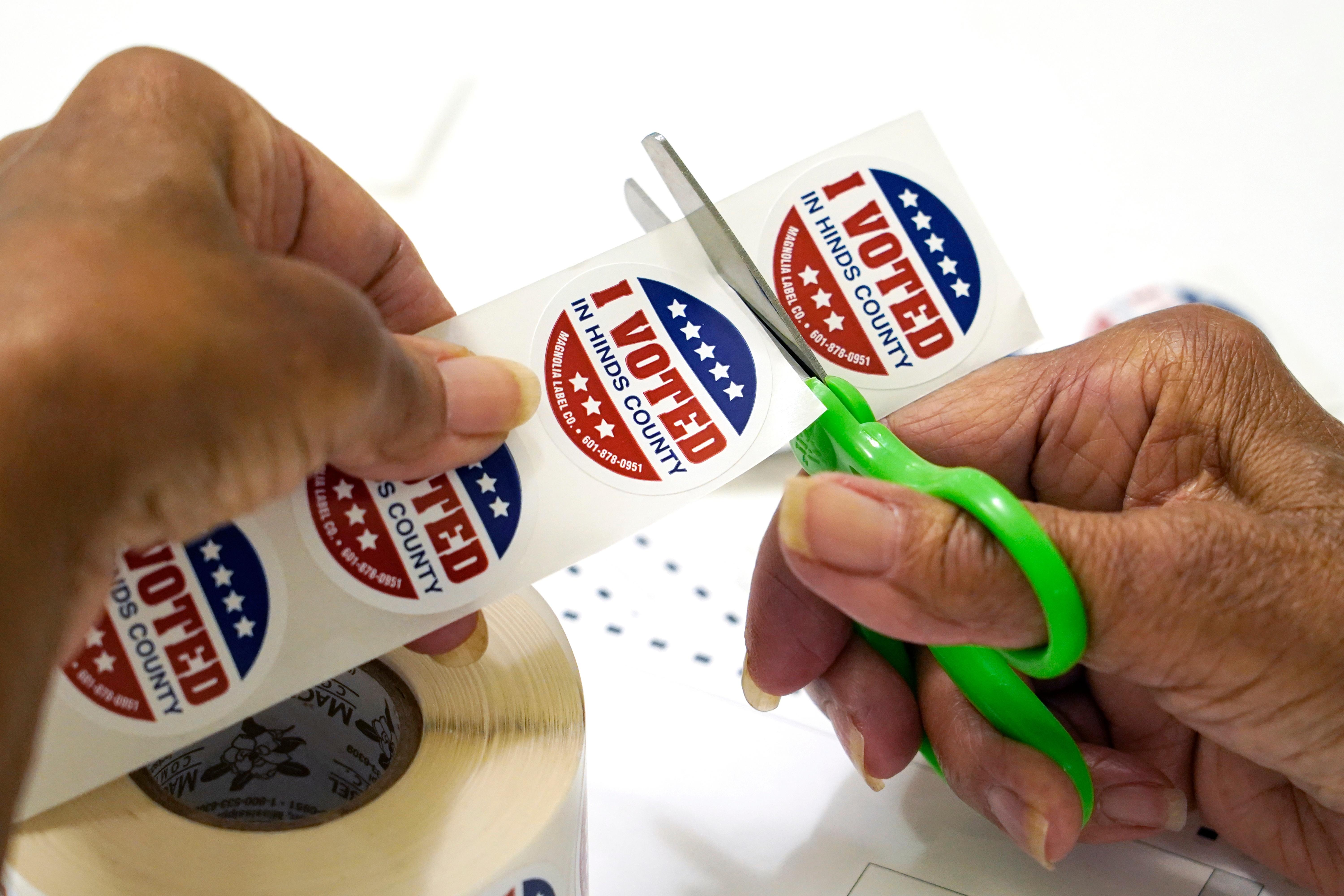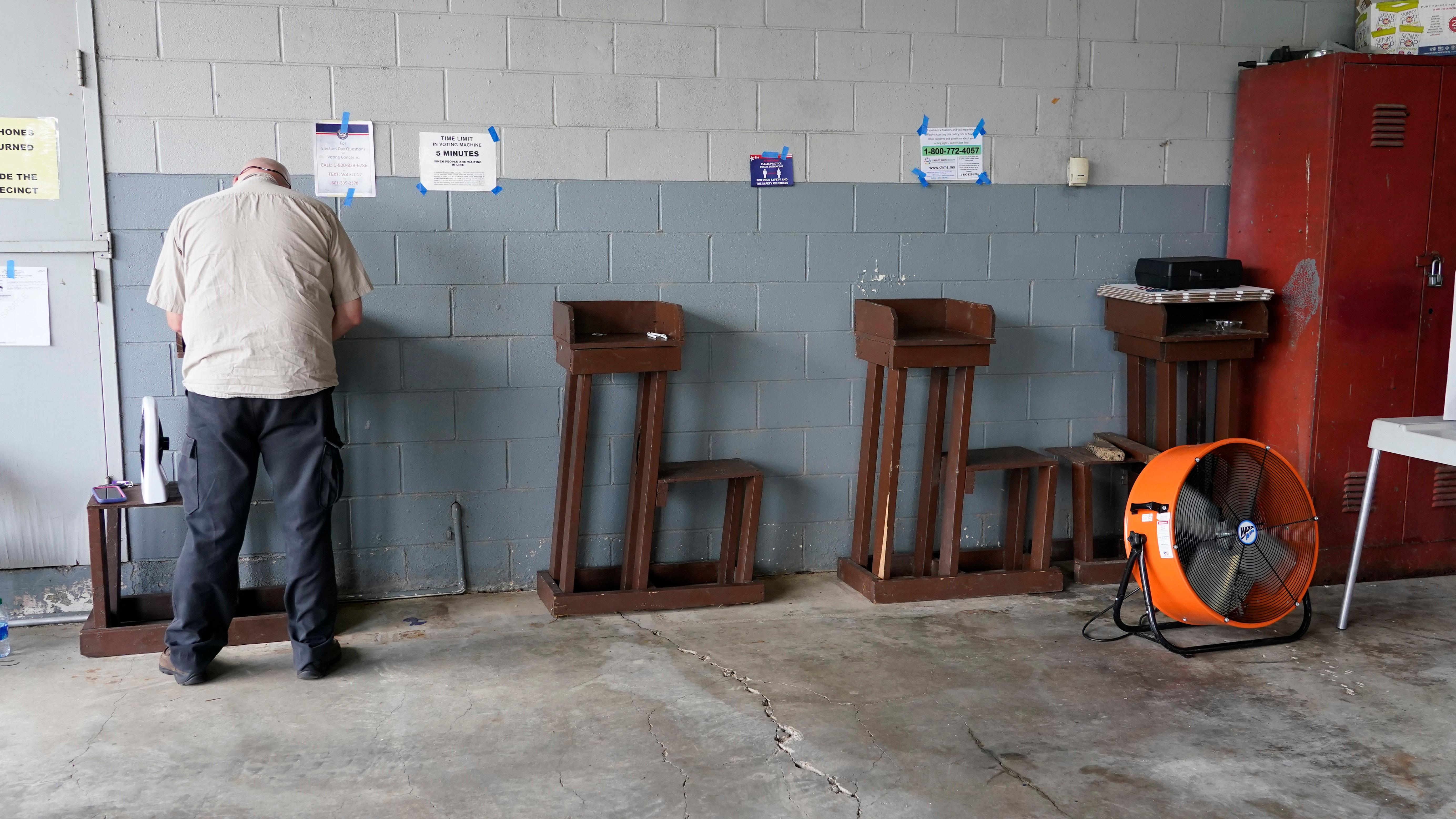Section 241 of the 1890 Mississippi constitution strips voting rights for life from citizens convicted of any of 23 felonies, even after they’re released from prison. One of only a few states nationally to carry such a law, Mississippi's rate of citizens barred from voting is more than three times the national average.
In an at times scathing ruling, senior 5th Circuit Court judges James Dennis and Carolyn Dineen King said Mississippi “stands as an outlier among its sister states, bucking a clear and consistent trend in our Nation against permanent disenfranchisement,” and that keeping the law on the books “ensures they will never be fully rehabilitated… and serves no protective function to society.”
A person can have their voting rights restored either by action of the governor or two-thirds of the legislature, but those instances are few and far between.
In recent years, two separate lawsuits have sought to obtain a favorable ruling from the 5th Circuit Court and have the law removed from the state’s books.
The first, Harness v. Watson, argued not only that the inclusion of Section 241 in the 1890 state constitution was designed to reduce the size of the African American voting bloc at the time, but that amendments made to the law in the legislature over several years had not cleansed the statute of its initial racial nature.
Lawyers with the Mississippi Center for Justice and MacArthur Justice Center argued the law violated the 14th amendment, which contains an equal protection clause protecting against discrimination based on race or ethnicity.
In August of last year, the 5th Circuit Court ruled the State of Mississippi had removed the racial component from the statute, and a further appeal for the suit to be heard by the United States Supreme Court was denied June 30.
The case, which the three-judge panel ruled in favor of last week, was separate from the former in two ways: both that it was a class-action suit brought by several released felons still unable to vote and that it argued the law violated the Eighth Amendment, rather than the 14th.
“We argued and the court found that disenfranchising somebody for life, even after their sentence is completed, is punishment, and it found that it is cruel and unusual, and it found that there was a national consensus among the other states where the supermajority of them don't permit lifetime disenfranchisement under these circumstances,” said John Youngwood, an attorney who argued the case for the plaintiffs.
“If you look at all those things together, 241 -- which provides for the enumerated crimes -- lifetime disenfranchisement was in fact cruel and unusual and therefore a violation of the Eighth Amendment,” he said.
The last time the United States Supreme Court heard a case challenging the lifetime disenfranchisement law was in the 1970s, when they ruled it could remain with no changes made. But Youngwood says precedent has changed since then, and that several states have in recent years reversed legislation establishing lifetime bans.





